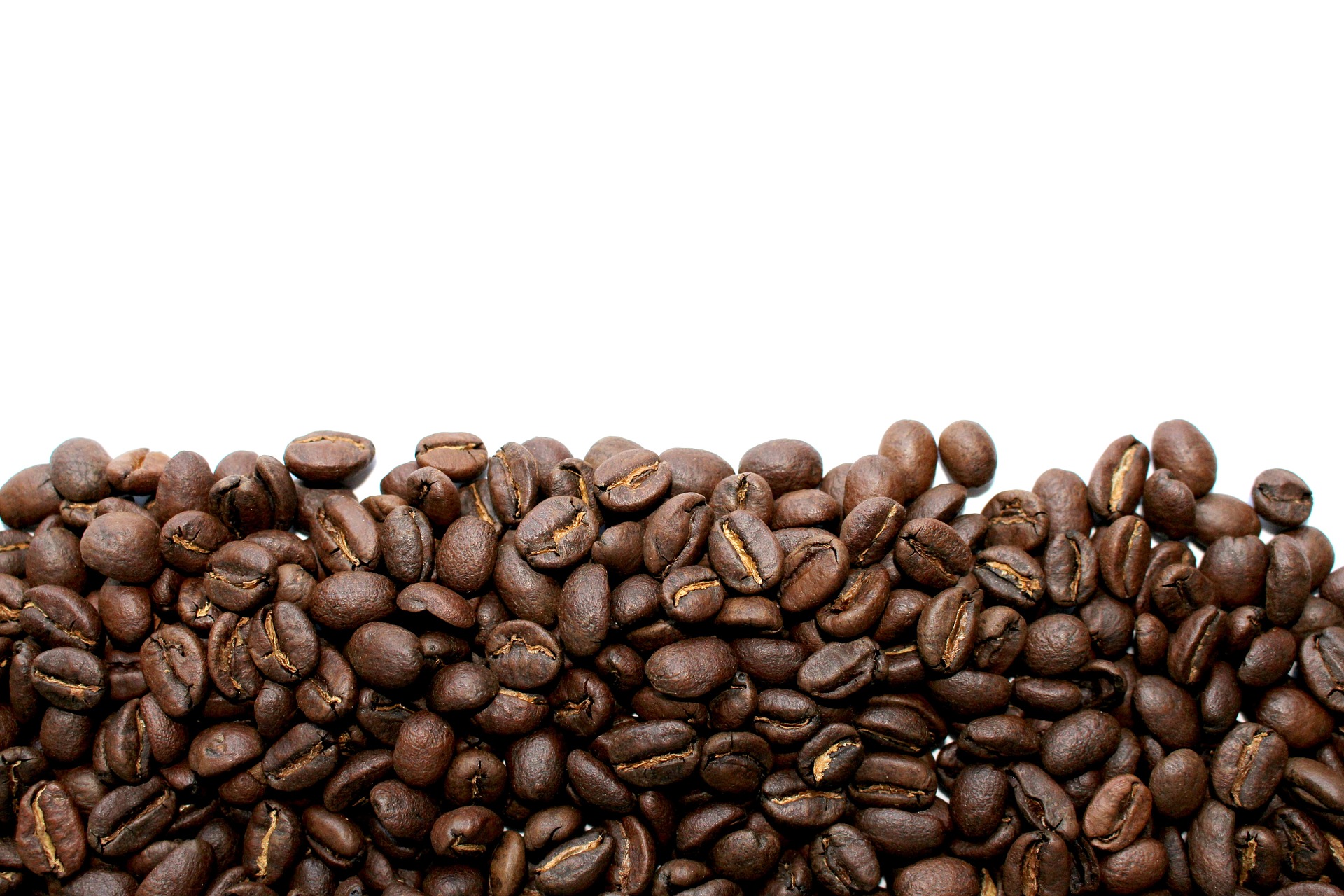
Caffeine is a well known stimulant and the most commonly used drug in the world. Every day, millions of people consume it to assist in the process of waking up in the morning you know that fatigue we feel when we wake up. It also helps improve our concentration and focus .
there are many misnomers and controversies about whether caffeine. Most evidence seems to suggests that a moderate intake of coffee can deliver many benefits with few risks.
The bad news is that an excessive consumption of caffeine may not be helpful and infact be un healthy. On top of that the modern trend of injecting caffeine into many easily exceed the daily recommended dose of caffeine.
- Caffeine is a stimulant that can occur naturally in some commonly available foods
- The a maximum intake of 400 mg a day iss recommended or two to three cups of high quality coffee.
- moderate intake of coffee may enhance weight loss, cognitive function, and general alertness.
- Caffeine should be used with caution suring pregnancy, fertility, glucose control, and other aspects of health see your doctor or health care professional for the proper health advice on this
- Energy drinks can and in some cases do contain very high levels of caffeine but are unlikely to be hazardous if consumed correctly as per manufacturers guideleines but it is not recommended to be consumed with alcohol.
- in some instances caffeine can assist with headaches but tread cautiously
- remember if in doubt when consuming caffeine or products containing caffeine always seek professional advice
Uses
because Foods/drinks containing caffeine can help improve / restore mental alertness. caffeine use in aiding alertness should only be occasional. Coffee or caffeine products should never be used to replace proper sleep and should not be regularly used for this purpose – seek medical assistance if you are doing this often
Caffeine occurs naturally in the leaves, seeds, or fruit of more than 60 plant species, including:
- coffee beans
- tea leaves and buds
- cacao beans
- Chocolate
- guarana seeds
if you wish to limit your intake of caffeine – check the labelling on foods. For avid coffee drinkers if you wish to avoid overdosing on caffeine – many delicious caffee free coffees are produced in the world today. Look for swiss water process or mountain water processed coffees (find some here get some decaf coffee here )
which use pure water to remove the caffeine leaving delicious coffee flavour without the caffeine. This would normally leave you with coffee that is generally 99% caffeine free.
Disclaimer: this blog is for general information and should not be used as a medical guide if in doubt seek professional advice and most of all enjoy your coffee or caffeine responsibly
2017
- 1,803
- 0
